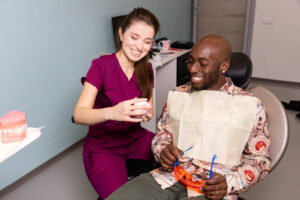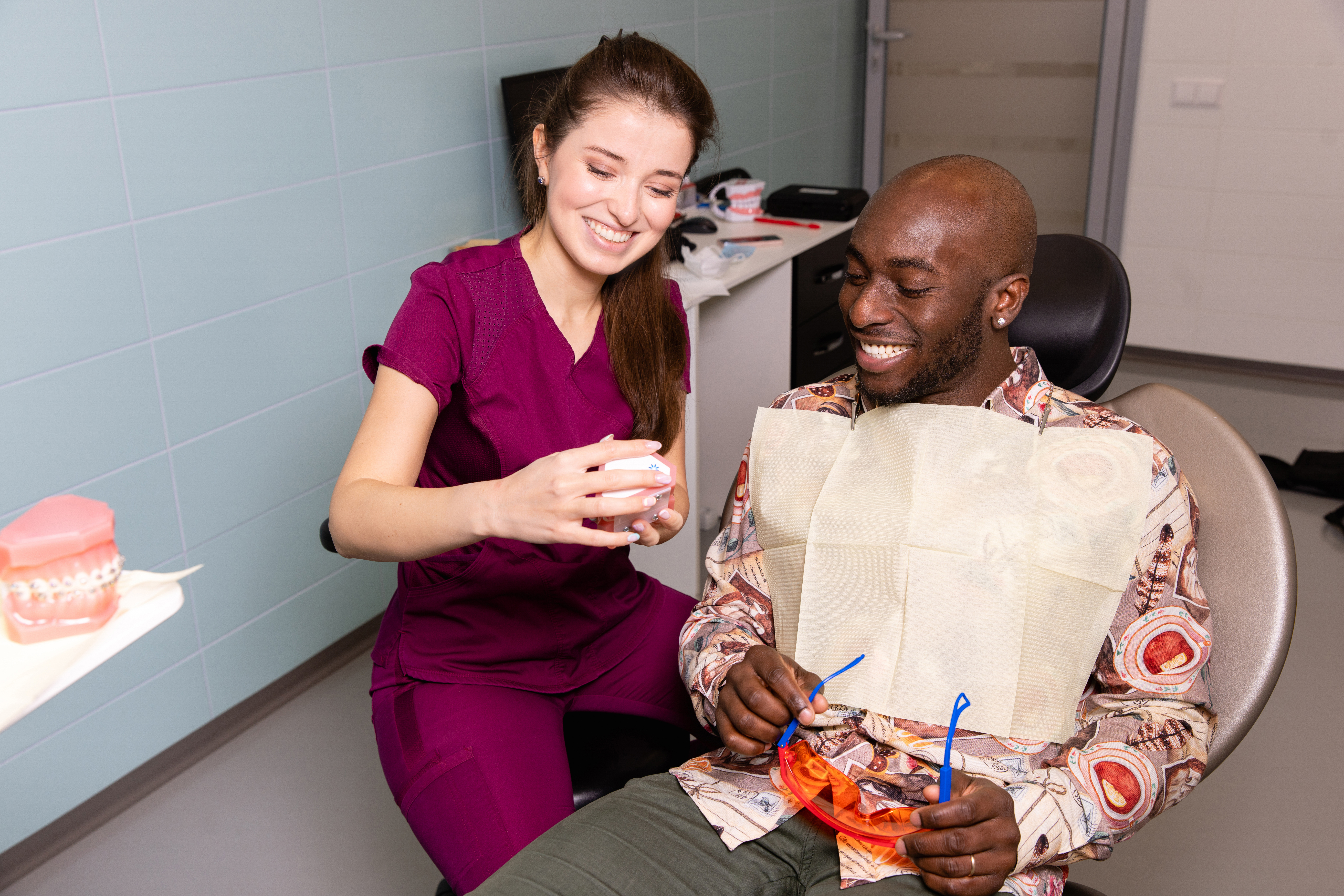Congratulations, you’re expecting! As you start to think about all the ways your pregnancy is going to change your body over the next few months, it’s easy to forget about what happens in your mouth and to your teeth. It’s not quite as noticeable as a growing belly or the odd craving for deep-fried pickles. But oral health is connected not only to your body’s health, but the health of the little one (or ones!) growing inside you.
And while you may have heard the old saying that “a mother loses a tooth for every baby,” it’s simply not true. With the right oral care, your teeth will stay as strong and healthy as ever. Here are a few things to keep in mind.
Guard Your Gums from Gingivitis and Granuloma
You may notice redness or swelling in your gums beginning about two months into your pregnancy. This is known as pregnancy gingivitis. Caused by elevated progesterone levels, which leads to enhanced growth rates of oral bacteria, pregnancy gingivitis is quite common, even among women who never experienced gingivitis in the past.
Like regular gingivitis, pregnancy gingivitis is irritating, sometimes painful and has been linked to lower birth weights for babies as bacteria can enter the bloodstream through your gums and ultimately pass into the uterus.
Occasionally, women also develop small growths on their gums known as granuloma. They’re sometimes called pregnancy tumours, but that name is a bit of misnomer. They aren’t tumours, and they aren’t related to cancer. But the red nodules can be uncomfortable, bleed easily and even form ulcers that crust over. In extreme cases, they may need to be removed, but they’ll disappear on their own soon after the birth of your child.
You can prevent both pregnancy gingivitis and granuloma by kicking up your oral care regiment. Brush and floss after every meal and be diligent every time. Nutrition can help as well.
Morning Sickness: Tough on Your Teeth
One of the least pleasant parts of pregnancy is the nausea, but it’s also very hard on your teeth. Stomach acid can cause tooth erosion, weakening the protective layer of enamel.
It’s important that you don’t brush your teeth immediately after an episode of morning sickness, as this can exacerbate the damage. Instead, rinse your mouth with either a commercial fluoride mouthwash designed to lower the acidity level in your mouth or a simple homemade mixture of water and baking soda. Tap water will also do in a pinch.
Share your pregnancy news with your dentist
Routine dental appointments are completely safe for your baby’s health, and can be scheduled throughout your pregnancy. Moreover, maintaining good oral health is important for expecting mothers. We look forward to seeing you.








